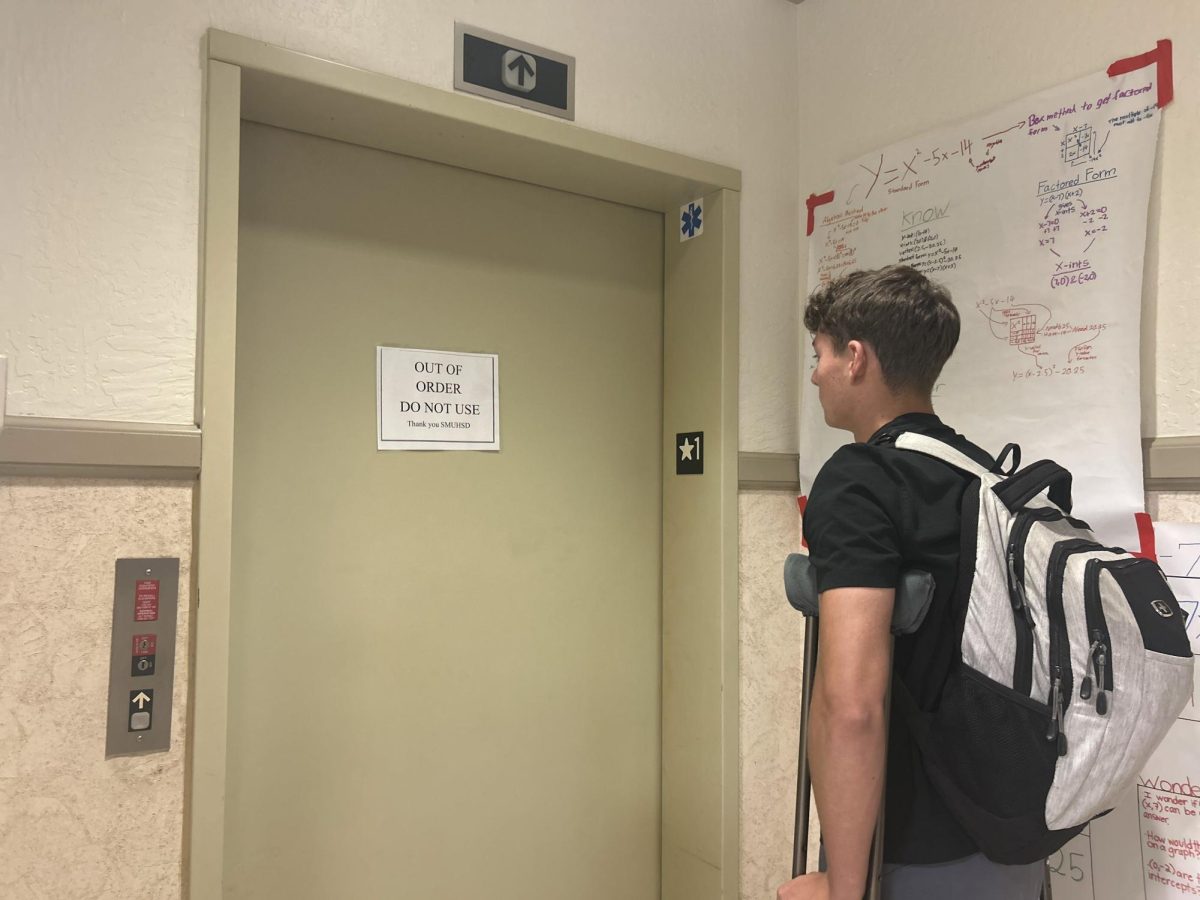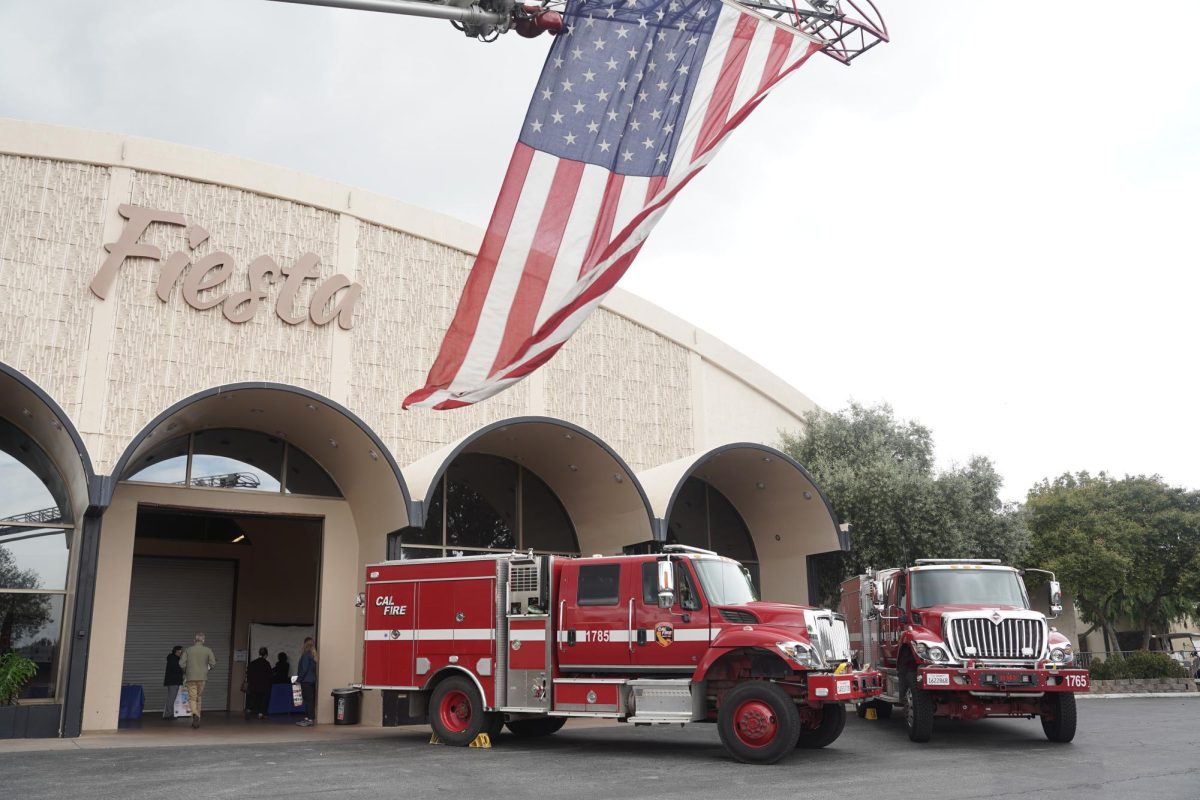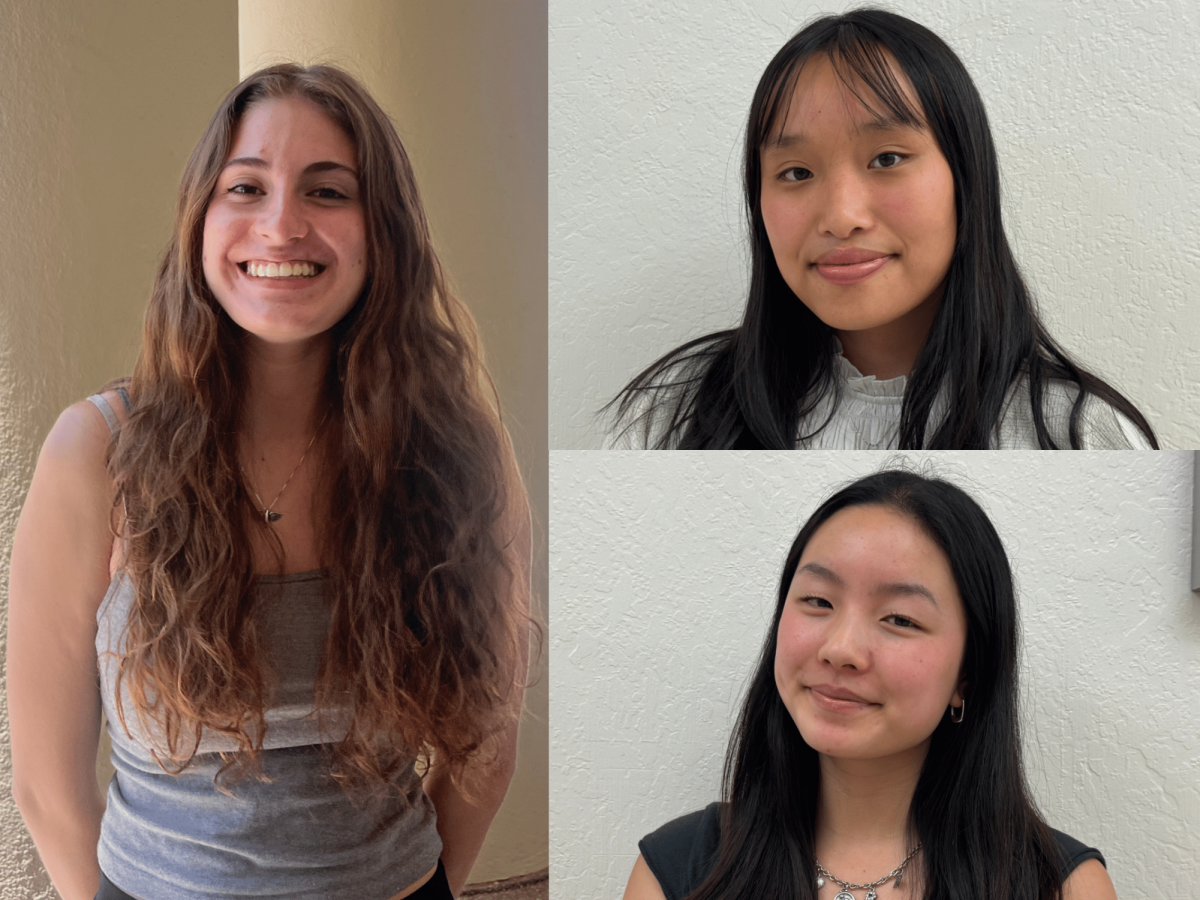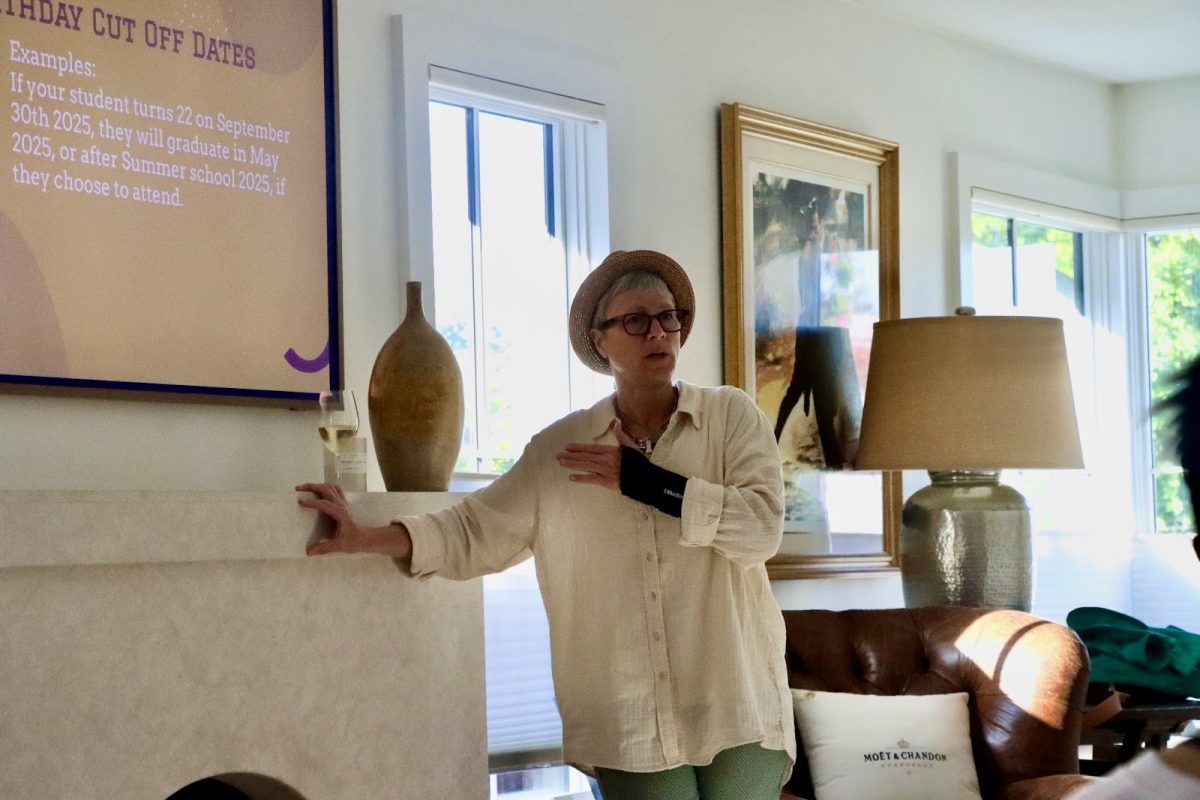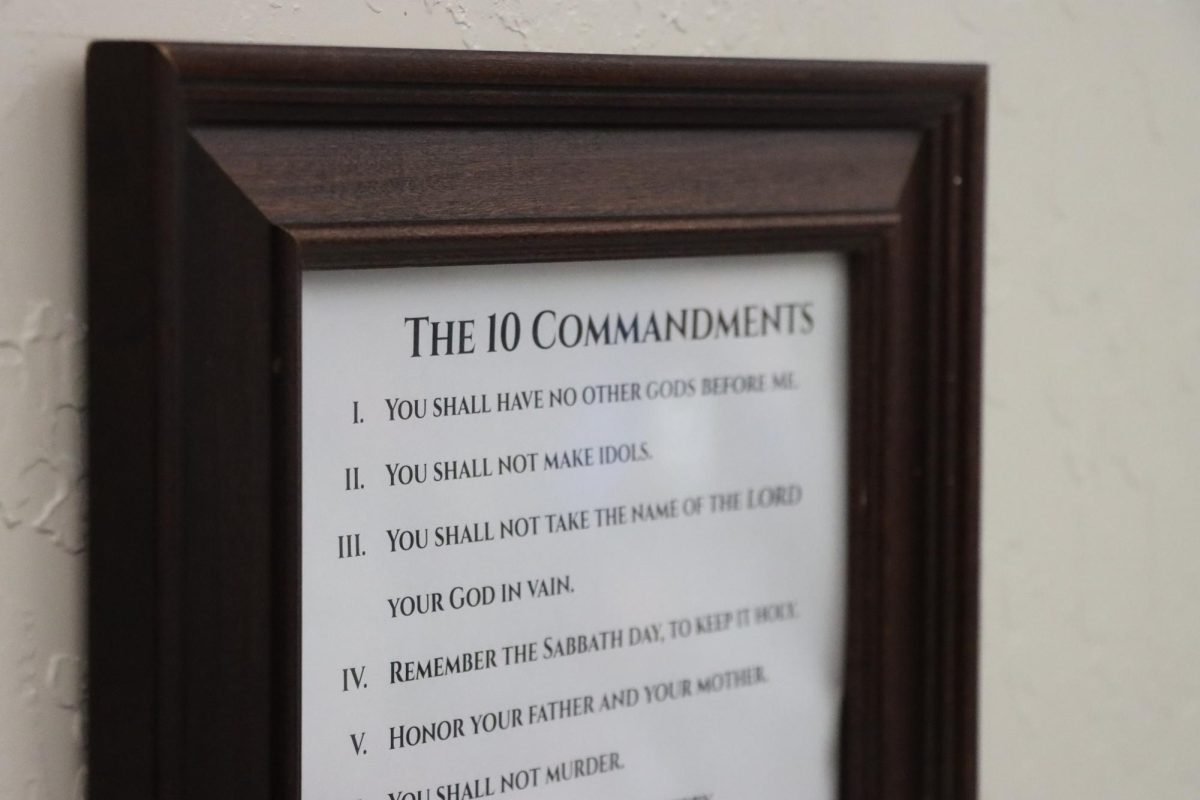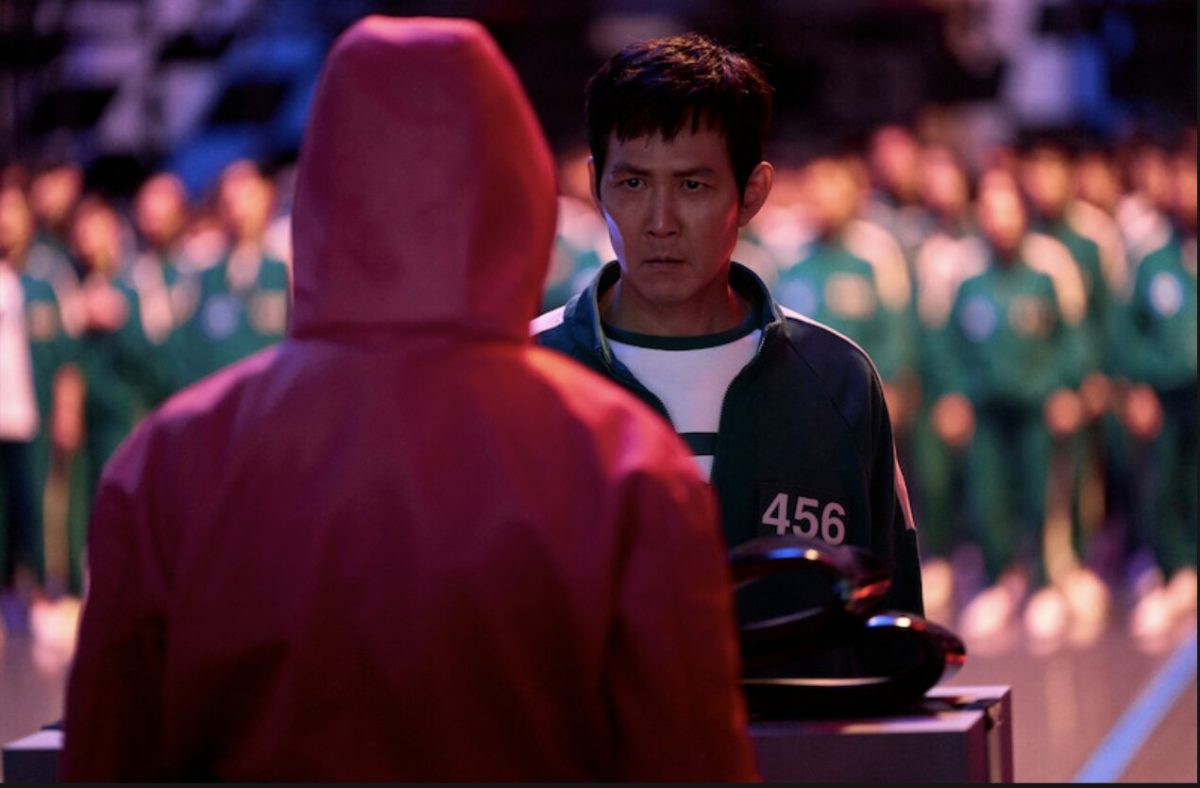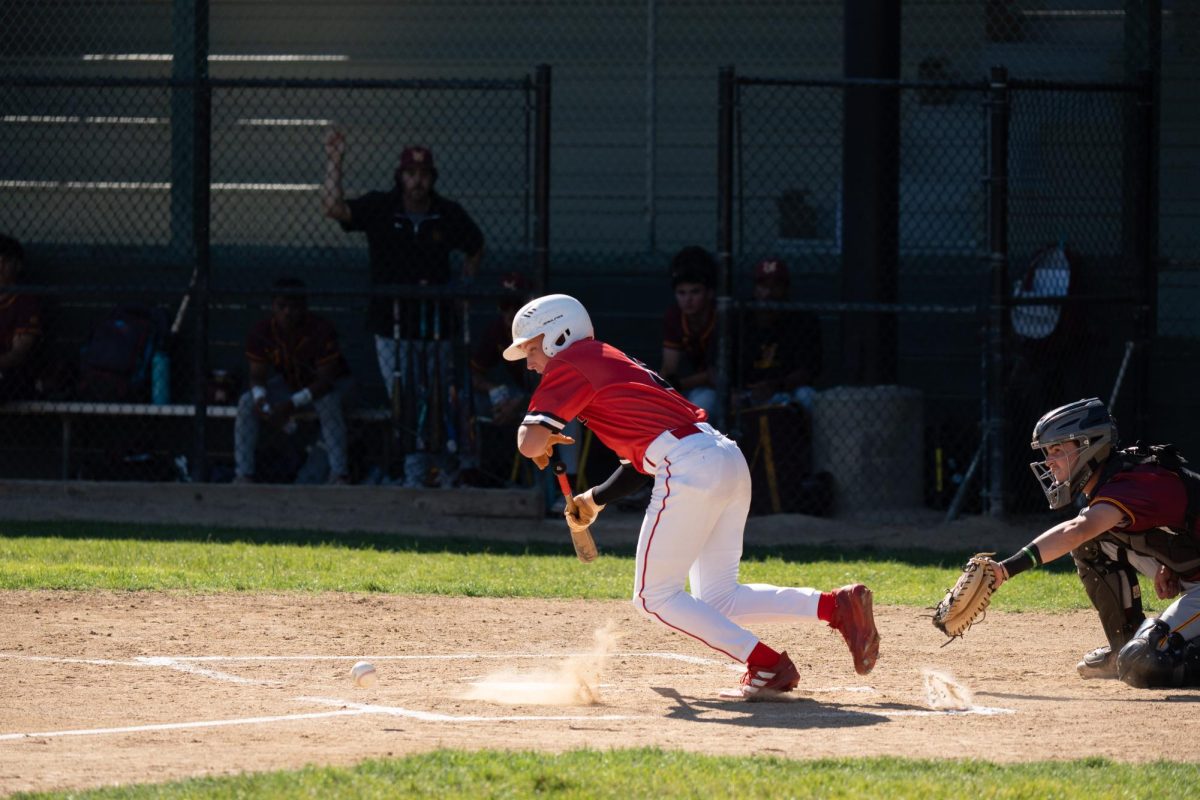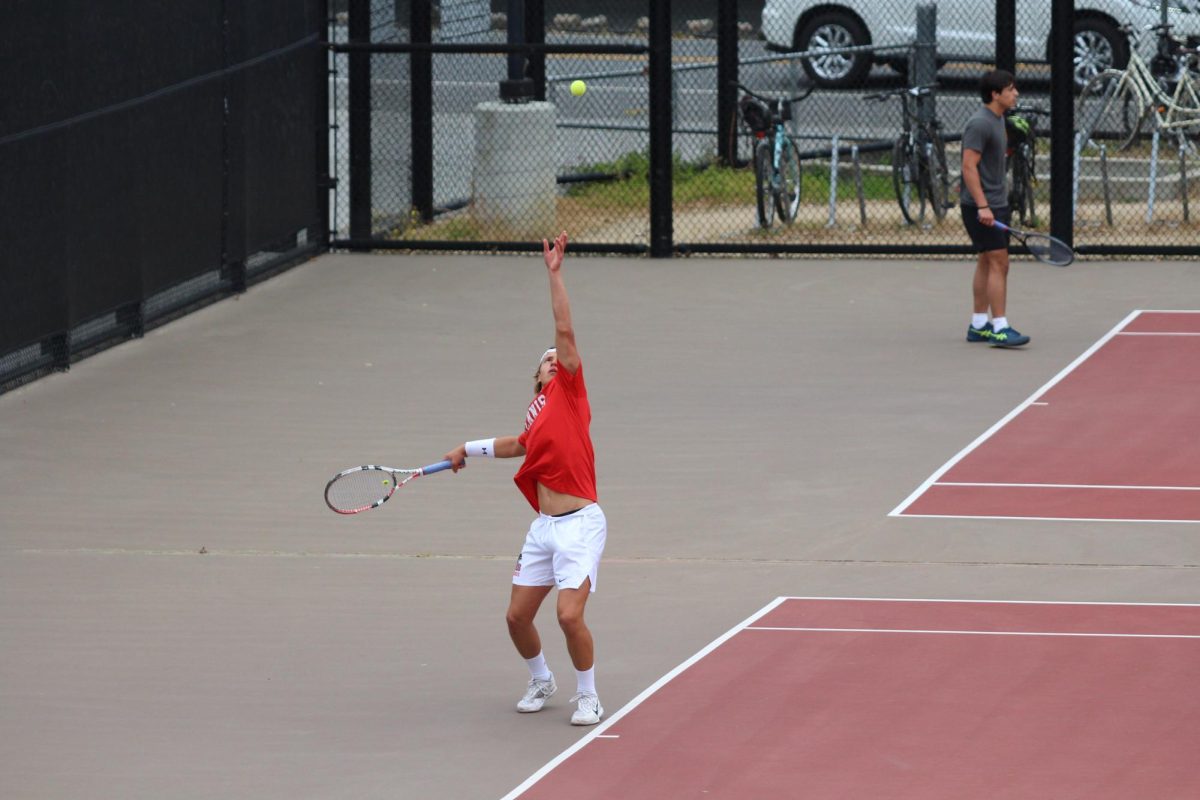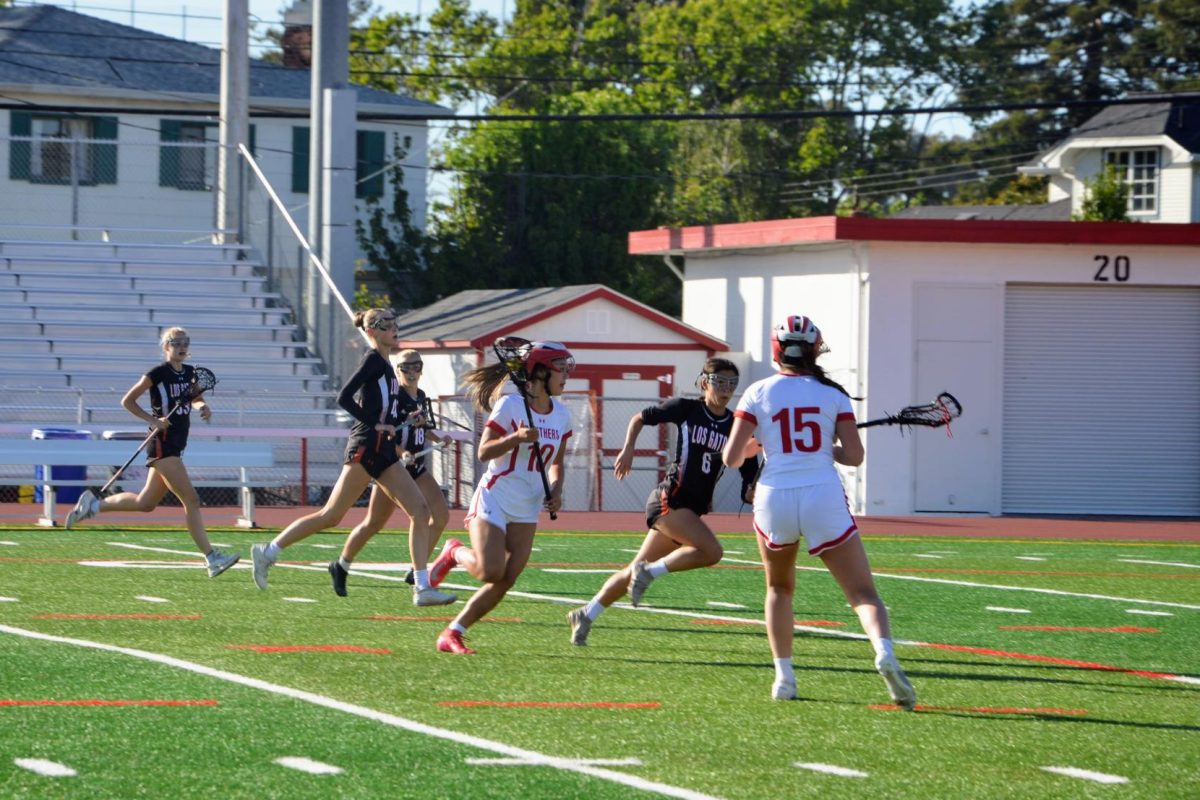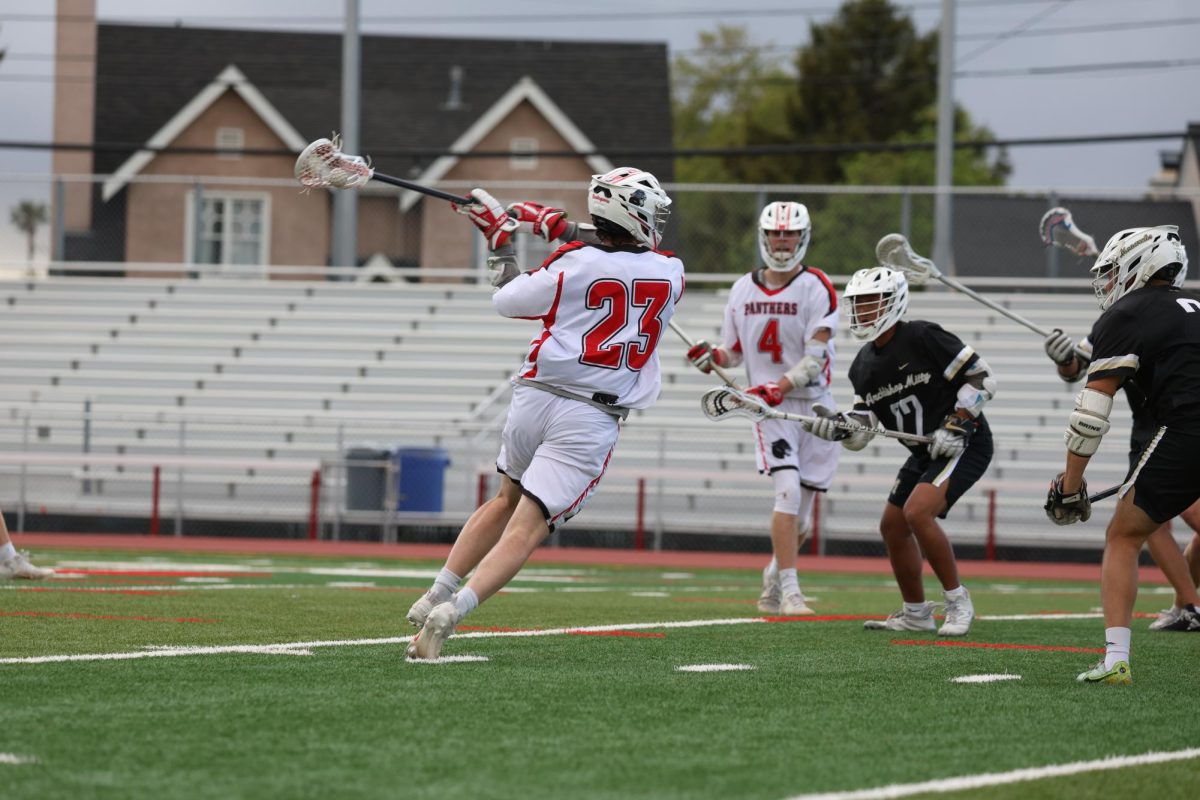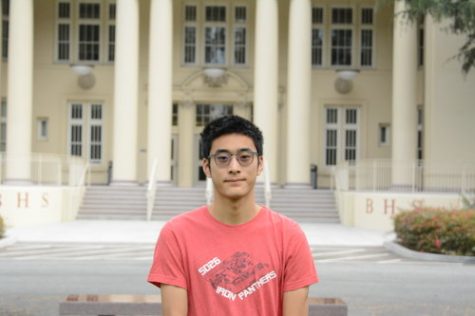The permeable 4th amendment in schools
November 26, 2017
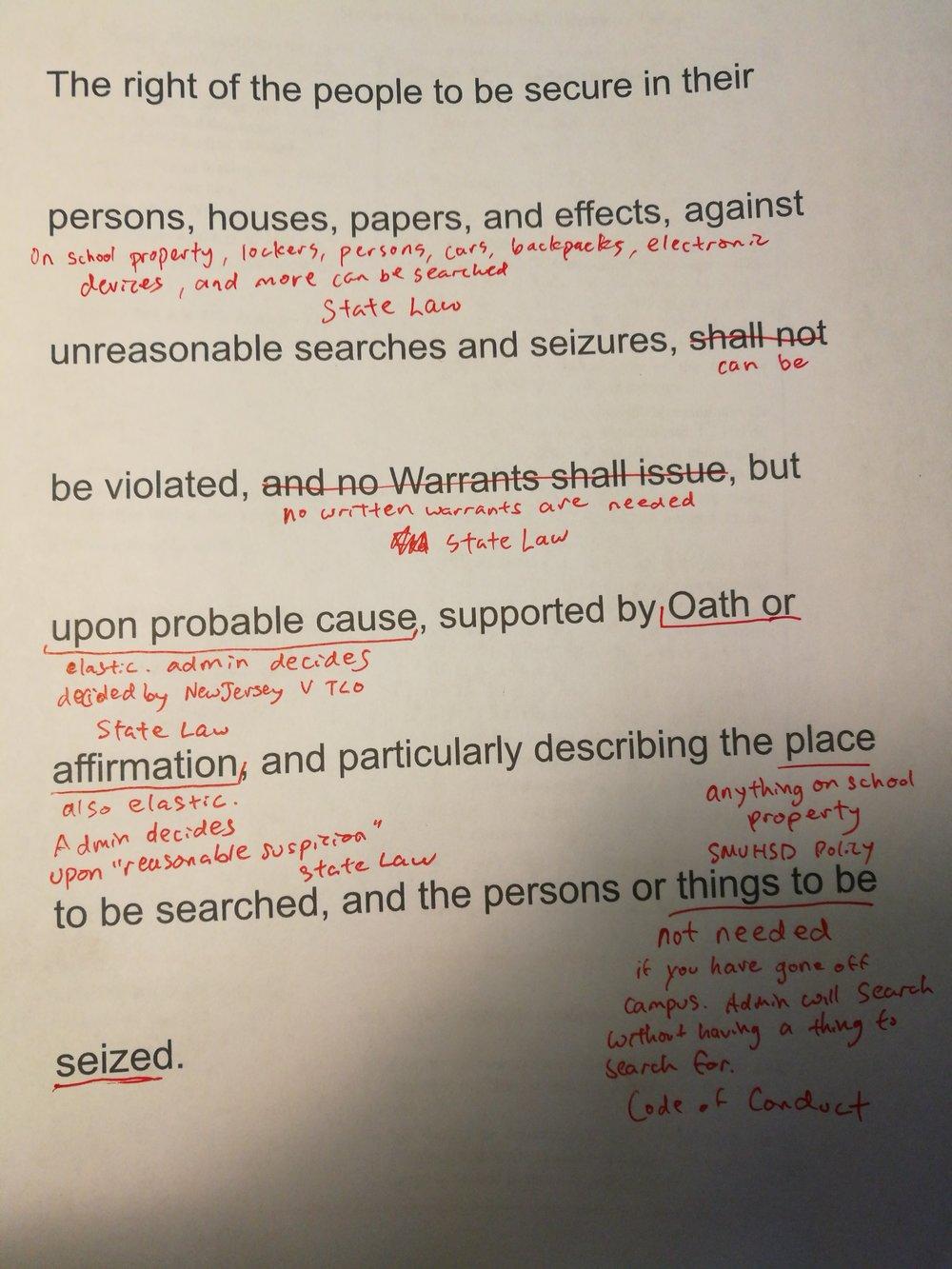
Despite belief that students’ privacy at school is protected by the 4th Amendment, students at school have few to no rights guaranteed by the 4th Amendment according to state, district and school policy.
“There is confusion among the students about their rights. They think that their backpacks can’t be searched because it is a personal belonging, but their locker can be checked because it is school property,” senior Caitlyn Rusley said.
Even among the students, “some people say that they can, and some people say that they can’t” senior Katie Caulfield said.
The San Mateo Union High School District policy states that “school officials may search any individual student, his/her property, or district property under his/her control when there is a reasonable suspicion that the search will uncover evidence that he/she is violating the law, …[or]other rules.”
The United States Bill of Rights declares the “right of the people to be secure in their persons, houses, papers, and effects, against unreasonable searches and seizures.” However in the 1985 New Jersey v. T.L.O. case, the United States Supreme Court decided that schools are subject to a lower standard of the 4th Amendment that would only require “reasonable suspicion” and not a written warrant to start a search or seizure.
In the Supreme Court case, a student was seen smoking in the bathroom, and was consequently brought to the administrative office, where her purse and bags were searched by administrators. The Supreme Court ruled the search constitutional because there was “probable cause” and “reasonable suspicion,” albeit there was no specific written warrant.
In other words, anything on district property can be searched by district employees. A car parked on Carolan Avenue, however, cannot be searched by the district, but it can be searched by Burlingame police given reasonable suspicion.
Although there is no exact constitutional definition of “reasonable suspicion,” Dean of Students Fred Wolfgramm lays out some clear boundaries.
“Any student who leaves campus should expect to be searched when they come back. Its protocol,” said Wolfgramm, referencing the Student Code of Conduct. “Also, any student engaging in suspicions activity, for example grouping in a bathroom stall, should expect to be searched.”
Contrary to popular belief, “reasonable suspicion” is enough to override a student who does not consent to a search.
A student who is to be searched would be brought to the administrative offices, put through due process, and searched by two or more district employees. When there is probable cause, the school acts in the name of parents, but the school will call the parent as soon as possible.
“After all, it all revolves around safety and security,” Wolfgramm said.



